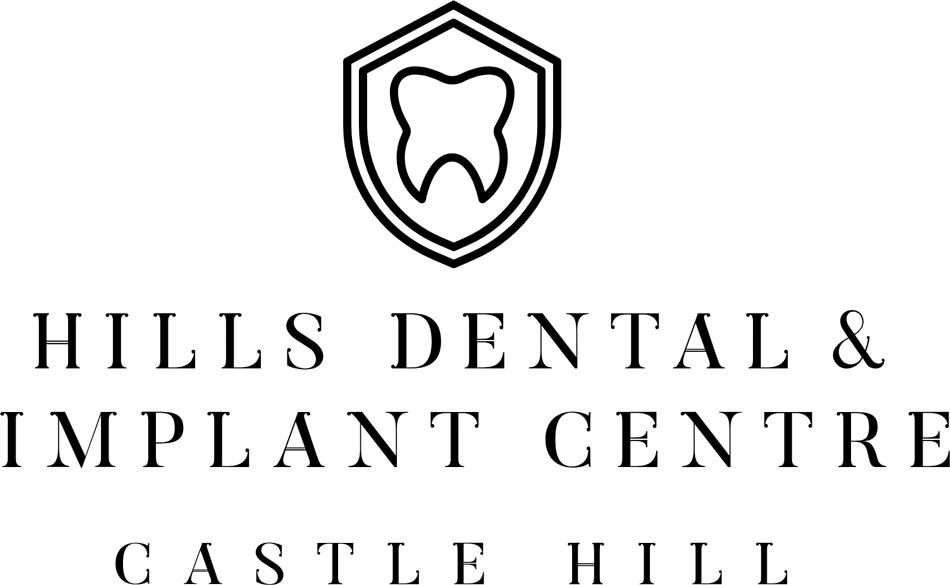Cone Beam CT (CBCT) scan, a revolutionary medical imaging technology, has transformed dental care and diagnostics. Unlike traditional CT scans, the CBCT utilises a cone-shaped X-ray beam. This 3D dental scan focuses on capturing detailed images of the teeth, jawbone, soft tissues, and nerves. Our Castle Hill dental clinic is equipped with this advanced technology as we offer dental CT scans that are crucial for accurate diagnosis and treatment planning.










Reviews
Sabella Osborne
“Cone Beam CT Castle Hill”
Amazing service! Tara was incredibly professional, kind and knowledgeable. I felt amazing from the moment I walked in with a very hygienic and clean clinic. Tara was able to answer all my questions and made me feel incredibly comfortable. She was the best. I would recommend Hills Dental Care to anyone wanting a wonderful experience from start to finish. Thank you.
Anne Nielsen
“ Cone Beam CT Castle Hill ”
Dr Kim, Dr To and the whole team are amazing. Everything is Hi-tech, service is 5 star and their care and attention to detail is the next level. I highly recommend their dental facility.
Karleigh Howse
“ Cone Beam CT Castle Hill ”
I have been going here for years and always feel well taken care of by the dentists, assistants and admin staff. I have extreme anxiety and dental related trauma but it’s a relaxing and judgement free zone.
Heidi Vasilevskis
“ Cone Beam CT Castle Hill ”
I underwent my 2nd procedure for major dental surgery yesterday. I cannot thank & praise Dr Kim, the anaesthetist Dr Thanan & Hills Dental professional staff, like Practice Manager Genevieve enough! I found them to be welcoming, very understanding, professional & empathetic to my needle phobia!
Christian Kumitau
“ Cone Beam CT Castle Hill ”
I recently had the pleasure of visiting this clinic for the first time and I have nothing but positive things to say about my experience. From the moment I walked in, I was greeted by two friendly receptionists who made me feel right at home. The dentist I saw was extremely thorough and took the time to examine my whole mouth before providing me with a treatment plan that was tailored to my specific needs.
I really appreciated that the dentist took the time to explain everything to me in a clear and concise manner, and there was never any pressure to proceed with any treatments that I wasn’t comfortable with. The team here genuinely cares about their patients’ oral health and it shows in the level of care they provide.
Overall, I would highly recommend this clinic to anyone looking for a top-notch dental experience. The staff are knowledgeable, friendly, and professional, and I left feeling confident in my dental health moving forward